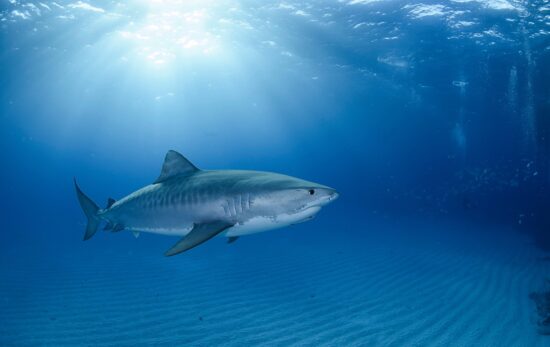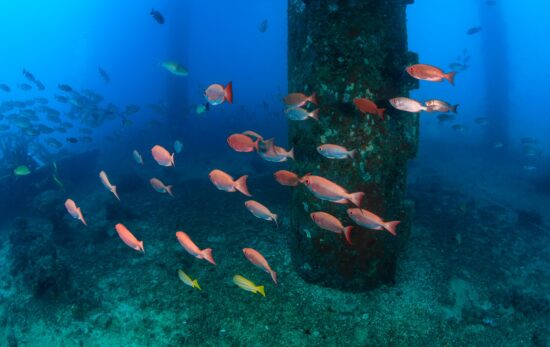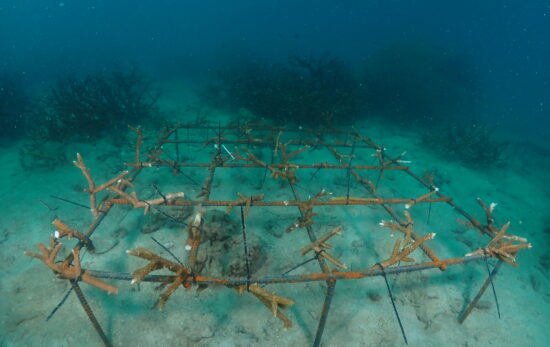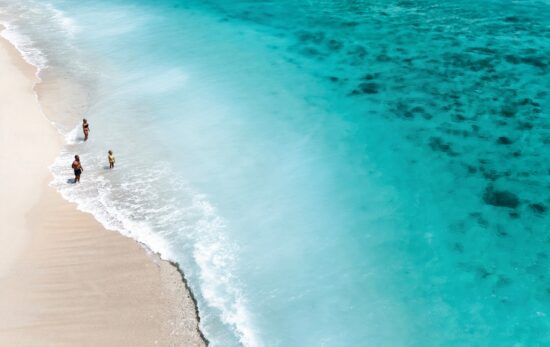PADI AWARE is all about empowering local communities to take action and save the ocean.
In advance of Earth Day, the PADI AWARE Foundation has announced the first recipients of its 2022 Community Grant Program funding and begun accepting the next round of applications to celebrate and protect our blue planet.
From giant kelp rehabilitation to the protection of a new sea turtle species, sixteen community initiatives around the planet were selected, fueling both local and global ocean change. Additionally, PADI AWARE has dedicated nearly one-quarter of its public funds to further fund recipients this year with a goal to substantially increase funding in the next two to five years.
“We are thrilled to launch our new fund to advance ocean conservation, especially since there are many PADI dive centers and community-based NGOs driving meaningful local action for global ocean conservation, often with little or no funding,” says Danna Moore, PADI AWARE Foundation’s Global Director. “To help ensure these efforts succeed, PADI AWARE is committing 24% of our donations this year to the Community Grant Program, with a goal of reaching $1million in funding by 2024.”
PADI AWARE Community Grants are awarded to ocean protection initiatives and projects in direct support of the United Nations Decade of Science for Sustainable Development, in five distinct categories: coral restoration, developing marine protected areas, eliminating marine debris, reducing the effects of climate change, and protecting species threatened with extinction like sharks and turtles.
We would like to join PADI AWARE in celebrating the following initiatives, welcoming them into the 2022 Community Grant Program.
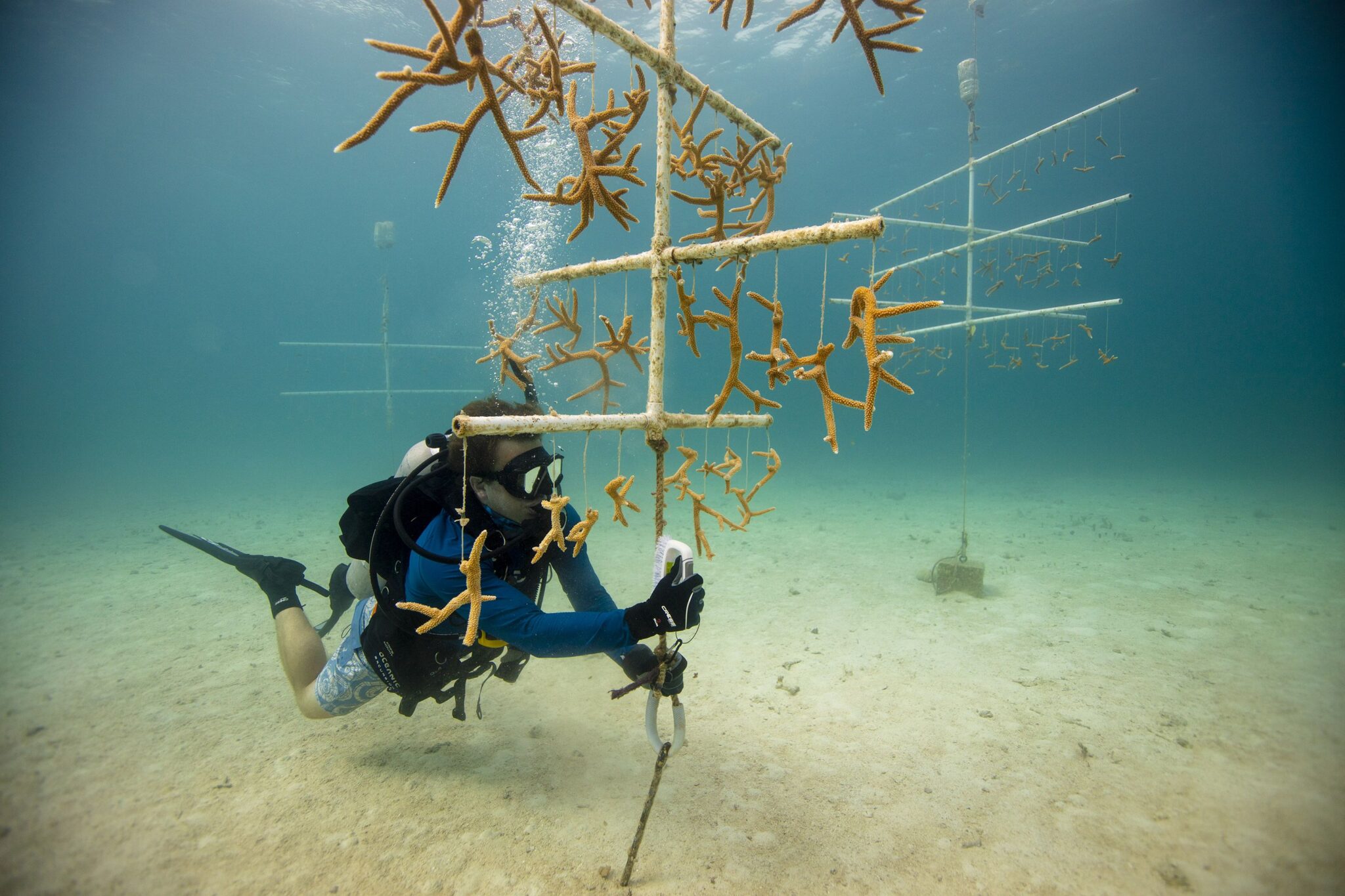
Category: Coral Restoration (6 Initiatives Total)
- Coral Catch / Gili Shark Conservation: To provide 20 scholarships to local Indonesian women to receive training and education in conservation and coral restoration, enabling them to grow and plant corals, restoring the reef in the Gili Matra Reserve.
- Reef Renewal Foundation: To expand local community involvement in Curacao to increase coral restoration initiatives by providing supplies, tools and training for two dive shops (Scubacao and Goby Divers) to run successful, long-term coral restoration projects.
- Dodo Reef Restoration / Dodo Divers LTD: To support the restoration of 10,000 sqm of degraded reef by transplanting cultivated coral colonies over a 4 year period.
- Coral Reef Restoration in Natewa Bay / Ocean Ventures Fiji: To install coral nurseries in two different reef structures and communities in Natewa Bay.
- Coral Restoration / Big Bubble Dive Resort: To replant native coral species through citizen science in Chalok Bay, Koh Tao.
- Nusa Islands Restoration Project / Blue Corner Dive: To restore coral in a degraded reef flat and slope to stabilize rubble substrate and stimulate coral recovery along the northern coastline of Penida Island.
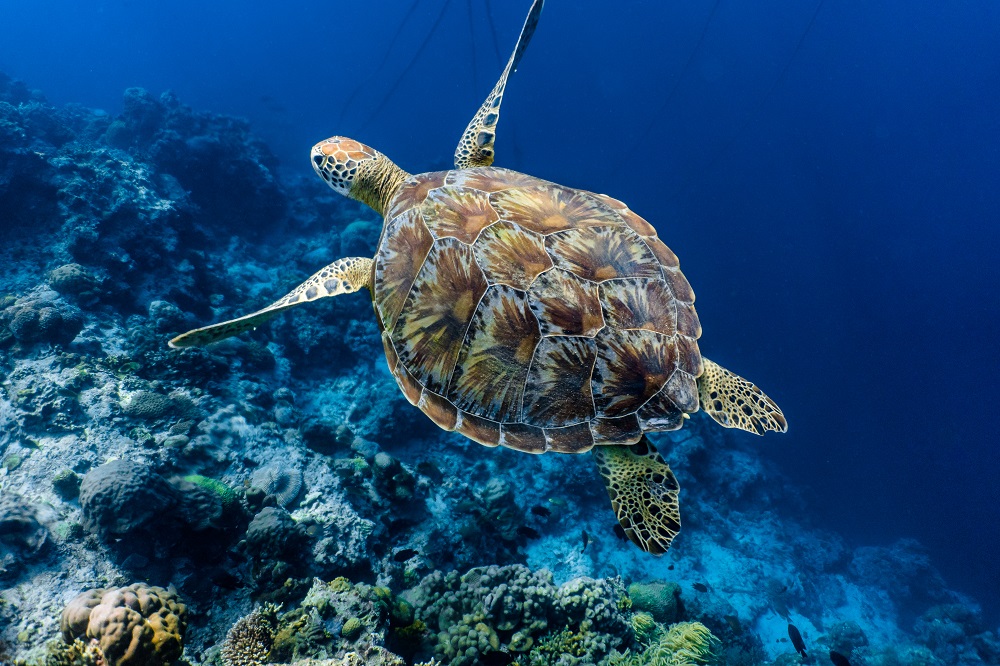
Category: Vulnerable Species Protection (3 Initiatives Total)
- Bubbles Turtles & Reef Conservation Project / Bubbles Dive Resort: To protect a local turtle nesting site in Perhentian Besar, Terengganu, Malaysia by providing community training and beach patrols, while changing behaviors through education and presentations to local schools and groups to reduce turtle egg consumption.
- Aqualife Conservancy: To save the threatened shark-like ray species in Ghana through assessments that include landing surveys, field studies and interviews to gather data that will drive the design of short and medium-term conservation strategies including the development of a locally-managed coastal protected area to safeguard these rays and their critical ecosystem.
- The Seahorse Trust: To discover, identify and monitor two marine seahorse species found in Maltese waters: Spiny Seahorse and Short Snouted Seahorse, providing the baseline data needed to protect them by analyzing habitat, pollution and other disturbances versus population density.
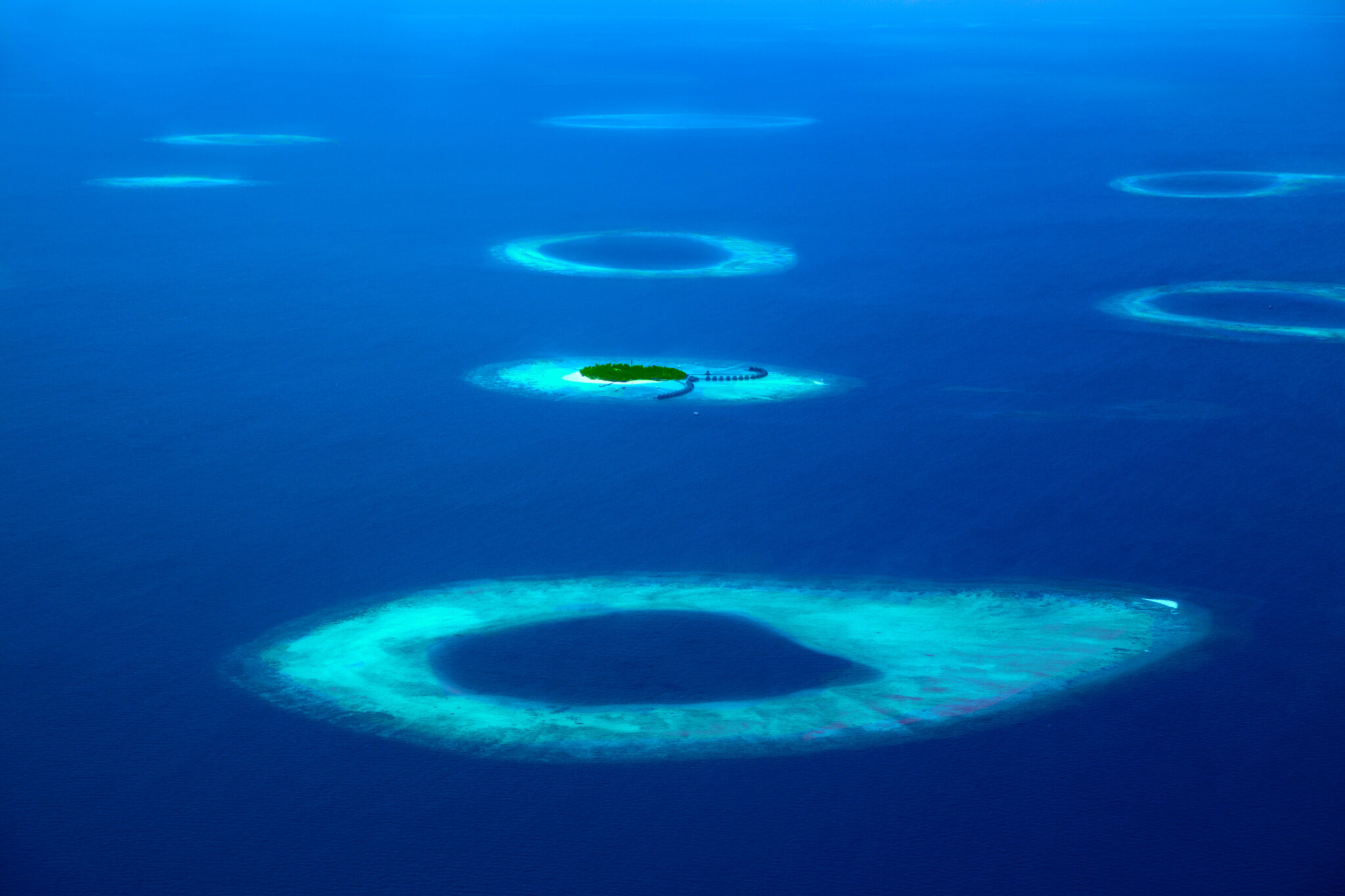
Category: Climate Change (2 Initiatives Total)
- Giant Kelp Forest Restoration / Aquarius Dive Shop: to protect California’s threatened kelp forests by testing rehabilitation and protection methods – including the removal of invasive species – as well as replanting and growing new kelp.
- Posidonia Restoration / Kosamare: Year one of a three-year phased project to scientifically monitor and report on the Posidonia habitat, install permanent moorings and restore the marine habitat.
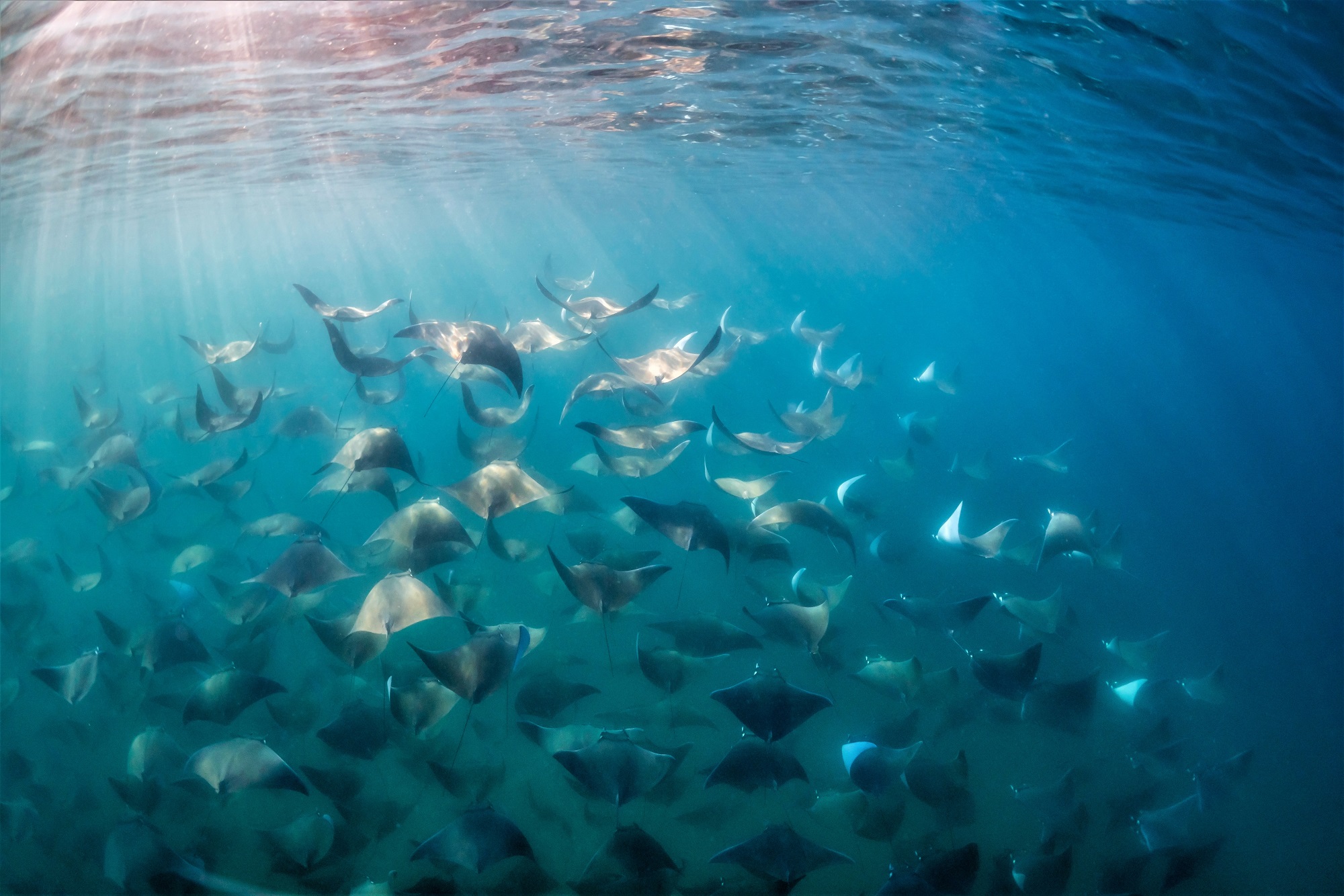
Category: Marine Protected Areas (2 Initiatives Total)
- SRMR Rehabilitation / Beqa Adventure Divers: To assess the degradation of Shark Reef Marine Reserve through biodiversity assessments and fish counts and bolster ecosystem health through both coral restoration and restoration of the giant clam population.
- Save the Red Coral Reefs / 7 Perle A.S.D.: To establish a biological monitoring program to protect a delicate habitat that includes seagrass endemic to the Mediterranean through seabed surveys at multiple depths, determining the extent a habitat can be protected from intensive fishing pressure.
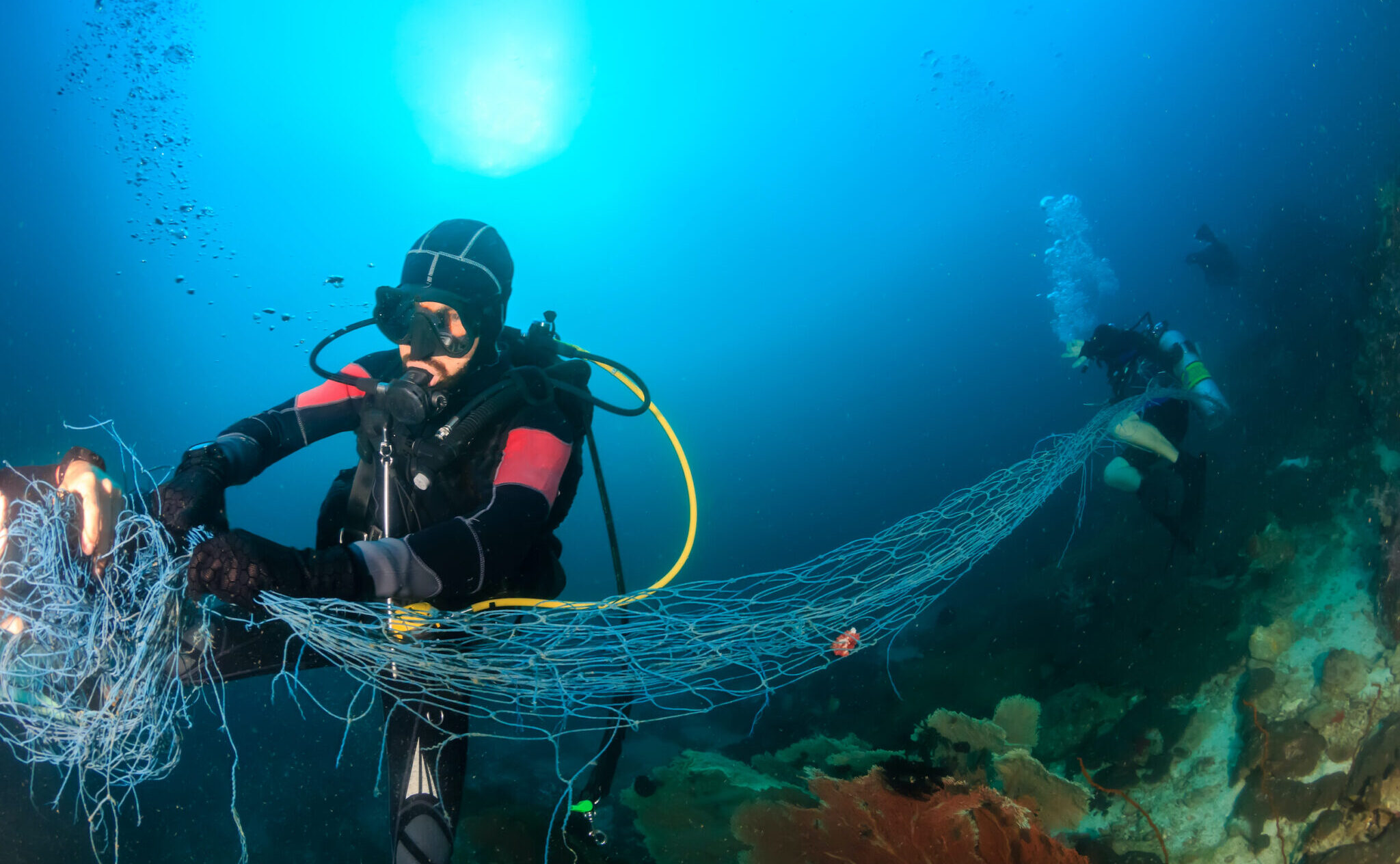
Category: Marine Debris (3 Initiatives Total)
- No Trash Left Behind/ Florida Keys Dive Center: To unite the community around diving with a purpose and decrease marine debris found at local dive sites.
- Seattle Dive Tours: To successfully remove the growing amount of debris from the Des Moines Marina.
- Project by AquaMarine Diving Bali: To further the work of the Blue Project which provides educational programs for local schools, coral restoration coverages, turtle and mangrove conservation, and Dive Against Debris.
Throughout the coming year, PADI AWARE will be sharing success stories from the field, providing the world with a much-needed dose of ocean hope, as well as real examples of how the efforts of a few can result in global, positive ocean change.
“Everyone, everywhere can make a positive difference and together, create a healthy ocean for all. Whoever you are, from individuals to communities, business to government, the time to change is now, ” says Rose Huizenga – co founder of Gili Shark Conservation and founder of Coral Catch. “Thanks to the PADI Aware Community Grant, we are one step closer to achieving our goal – to offer 20 local women a coral restoration scholarship – and do just that.”
The grant program is open to all PADI Dive Centers around the world and to locally based NGOs and charities working on marine conservation issues with an operating budget below US$1 million.
PADI AWARE is currently accepting new proposals for funding, with a deadline of Earth Day, April 22, 2022. To learn more and apply, visit www.padi.com/aware/grant-funding-criteria.
About PADI AWARE Foundation
PADI AWARE Foundation is a non-profit public charity that drives global ocean conservation through local action. PADI AWARE Foundation engages divers and people everywhere to take conservation actions that heal and protect the ocean planet both above and below the surface, further elevating and supporting PADI’s vision to achieve balance between humanity and ocean. Backed by the power of the PADI brand and supported by the world’s largest global network of 6,600 dive centers and resorts and more than 128,000 professional members worldwide, PADI AWARE Foundation leverages the collective influence of divers and the dive industry to address key threats facing the marine environment including climate change, marine habitat loss and vulnerable species protection. PADI AWARE Foundation advances its mission and the PADI Blueprint for Ocean Action through underwater citizen science, public policy, education and community grants. www.padiaware.org
About PADI AWARE Foundation’s Mission Hub Community Grant Program
The PADI AWARE Foundation’s Mission Hub Community Grant Program is a cornerstone initiative to accelerate participation, education, and advocacy for ocean protection. The program will provide direct financial resources to PADI Mission Hubs and community-based non-profits to address key ocean threats like climate change, marine debris, marine habitat loss, and marine species protection. For the 2022 grant cycles, all potential applicants will be required to complete an initial Eligibility Quiz. If your organization meets the requirements of the Eligibility Quiz you will be sent an email with a link to the application.
